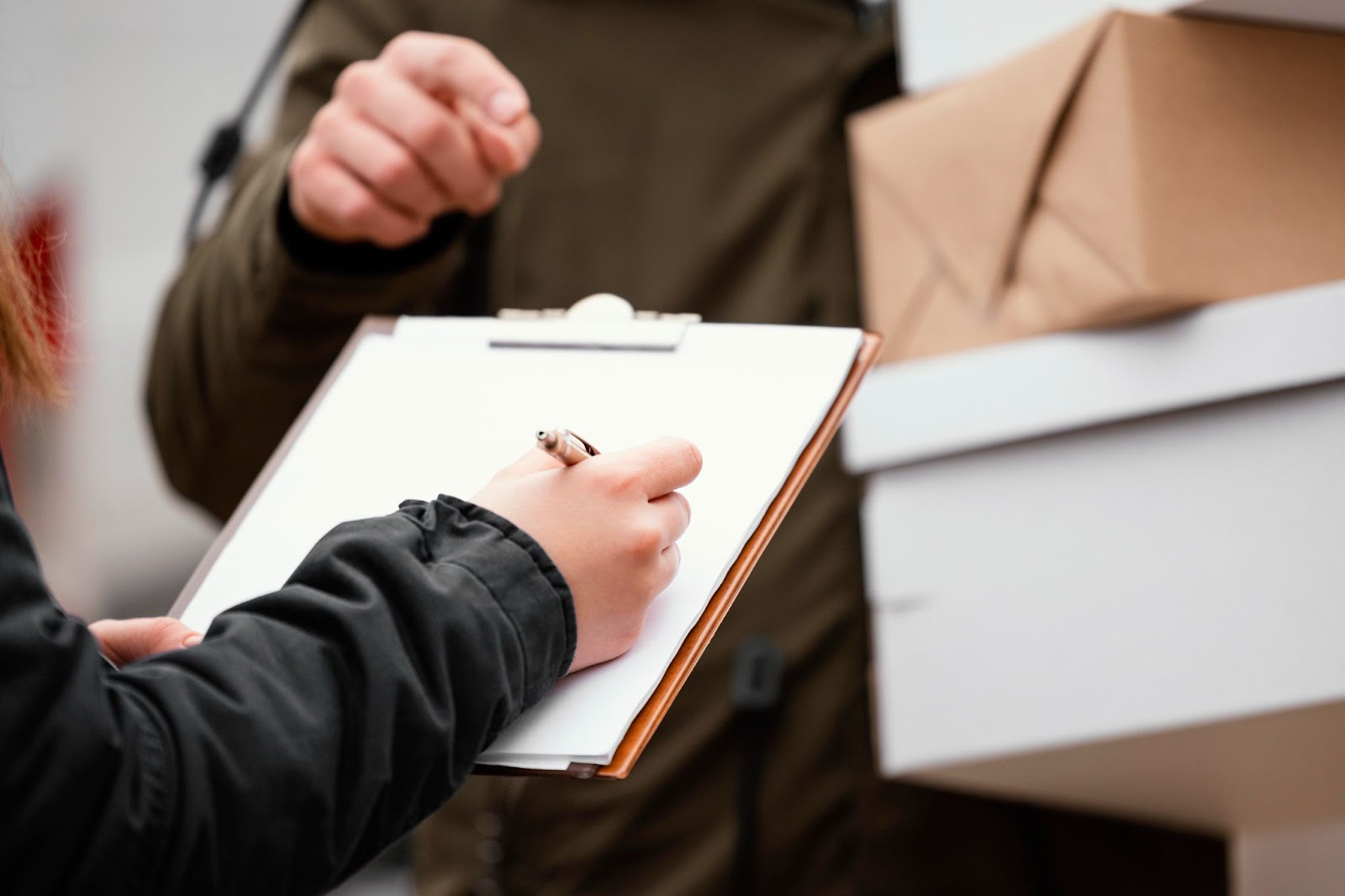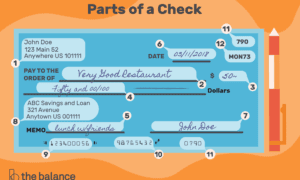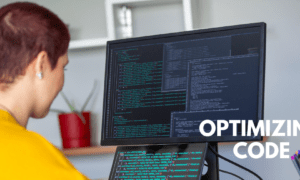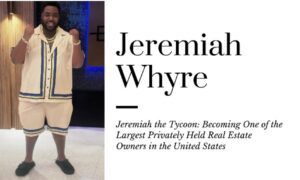When goods arrive in the United States from a foreign country, they must be cleared through U.S. Customs and Border Protection (CBP) before entering the domestic market. This process, called CBP clearance, ensures that imports comply with all federal regulations, taxes, and safety requirements. However, it might seem like something a small business owner can handle independently, the complexity and risk of non-compliance make it advisable to work with a licensed customs broker.
Understanding the CBP Clearance Process
The CBP clearance process begins before your shipment even arrives in the U.S. As an importer, you or your representative must file specific documentation with CBP. These typically include:
- Bill of Lading (BOL) or Air Waybill (AWB)
- Commercial Invoice
- Packing List
- Import Security Filing (ISF) for ocean shipments
- Customs Entry Form (CBP Form 3461 or 7501)
CBP uses this information to verify the goods’ nature, quantity, value, and origin. This helps determine whether the correct duties and taxes have been assessed and whether the product is subject to restrictions or additional agency requirements.
Risk of Errors in Self-Clearing
DIY customs clearance might appear cost-effective, but it carries several risks:
- Misclassification of Goods: Using the wrong Harmonized Tariff Schedule (HTS) code can lead to incorrect duty payments, penalties, or shipment holds.
- Failure to File ISF on Time: For ocean freight, the ISF must be filed 24 hours before goods are loaded at the foreign port. Late or missing filings can result in fines of up to $5,000 per shipment.
- Missing Licenses or Permits: Some goods require clearance from agencies like the FDA, USDA, or EPA. Failing to comply can cause your shipment to be seized or destroyed.
- Inaccurate Valuation: CBP requires that you declare the correct transaction value. Undervaluation or unintentional errors can lead to audits or legal issues.
Time Constraints and Communication Gaps
CBP processes are time-sensitive, and delays can lead to demurrage charges, storage fees, or cancelled sales. Moreover, communicating directly with CBP can be challenging for importers unfamiliar with customs regulations. A licensed customs broker submits documentation on your behalf, corresponds with CBP officers, clarifies discrepancies, and resolves any issues before they escalate.
The Role of a Licensed Customs Broker
A customs broker is trained and certified to handle all aspects of customs clearance. They interpret complex regulations, ensure your goods are correctly classified, and confirm that duties and taxes are accurately calculated and paid. Additionally, brokers stay updated with ever-changing import laws and tariff schedules, which can be difficult for business owners to monitor independently.
Working with a broker also gives you access to real-time tracking, compliance audits, and proactive alerts about documentation or payment issues. This helps businesses avoid costly delays and penalties.
Why CBP Clearance Should Be Left to Experts
Customs clearance is more than just paperwork—it’s a critical part of international trade that requires legal accuracy, timing, and a deep understanding of customs law. First-time importers or small businesses risk expensive consequences if they attempt to manage the process without professional help.
Even a minor mistake—like mislabeling a product or missing a deadline—can result in cargo holds, fines, or even forfeiture. The stakes are simply too high for guesswork or trial-and-error approaches.
Clearit USA – Your Licensed Customs Broker
If you’re looking for a streamlined and professional way to clear your goods through CBP, Clearit USA offers licensed custom brokerage services for small and mid-sized businesses. Their team manages every step of the customs clearance process so you can focus on growing your business, not battling red tape.





























